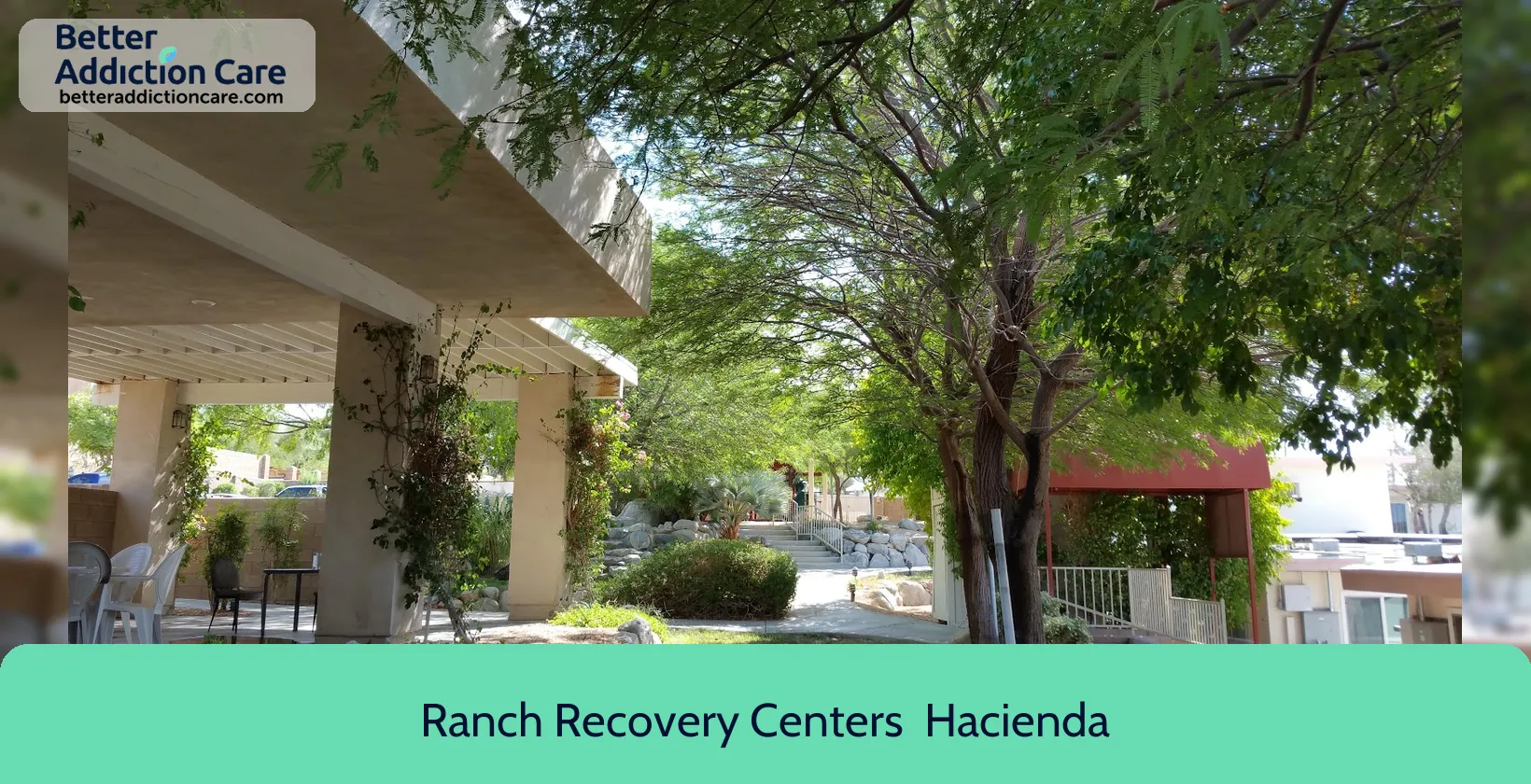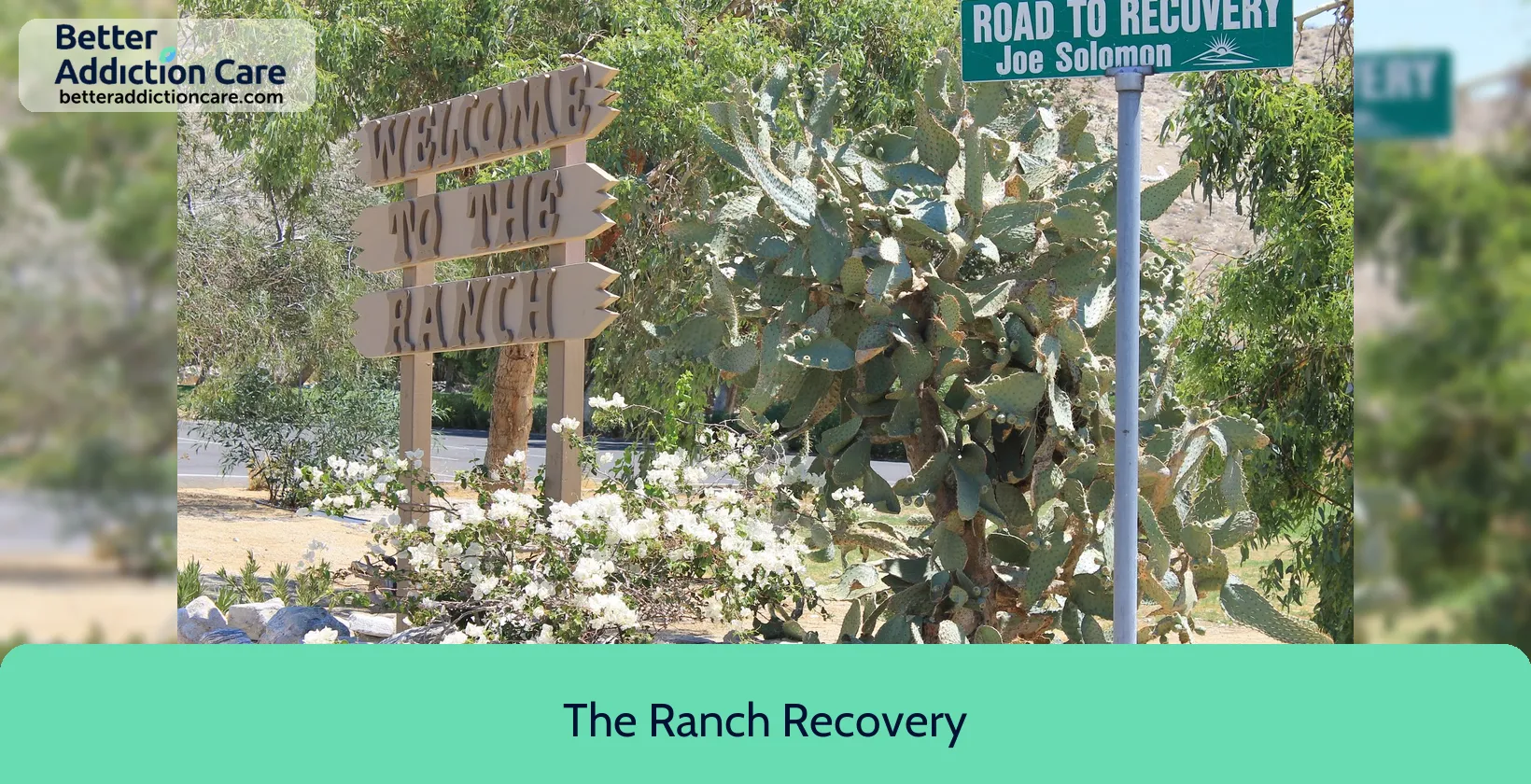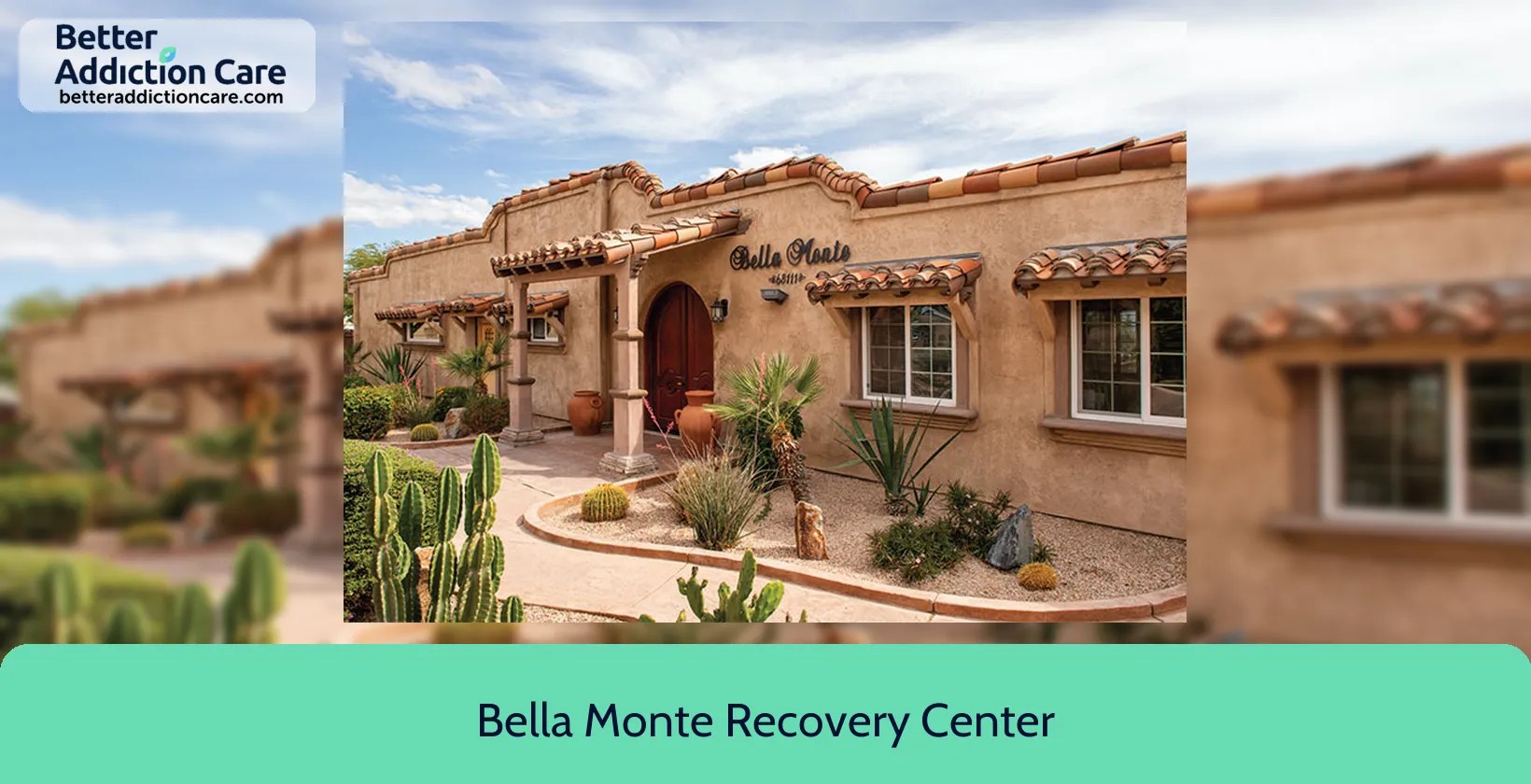Soroptimist House of Hope

Overview
Located in Desert Hot Springs, California, the Soroptimist House of Hope is a trailblazing nonprofit organization that assists women in overcoming co-occurring mental health illnesses and drug misuse. The Soroptimist House of Hope was founded in 1981 as the first facility in the Coachella Valley in Riverside County to provide recovery services solely for women. Since then, it has grown to become an essential support network for women pursuing sobriety and a new beginning. A group of 10 local Soroptimist clubs came together to establish this clinic because they saw how important it was to provide addiction treatment for women in an area that was once the US methamphetamine capital.
The Soroptimist House of Hope now provides organized residential programs that help people stay sober for the rest of their lives. The residential rehabilitation house offers shared rooms and a friendly, family-like atmosphere for stays up to ninety days. Wi-Fi, a fully furnished kitchen, and all required bedding are among the basic conveniences available to clients, guaranteeing a cozy environment that fosters both seclusion and community. Peer support is a fundamental component of the center's concept, since women in comparable phases of recovery share rooms and experiences, creating bonds that are essential to rehabilitation.
Women take part in 12-Step meetings, drug and alcohol education, individual therapy sessions, and special family days during the first 45-day residential program, which involves loved ones in the recovery process. A 15-day blackout phase is a special feature of the program that enables customers to concentrate fully on their rehabilitation without external distractions. In addition, the residential program offers access to incidental medical services and beneficial educational components that treat co-occurring illnesses. About 60% of customers complete the first 45-day program, indicating that success rates are still strong.
In 1984, the Soroptimist House of Hope's success prompted a major collaboration with Riverside County's Department of Mental Health, which started to partly support four of the organization's allotted beds. With continuous yearly financing from the county, this partnership—which is founded on thorough inspection and program efficacy—has persisted, sustaining the center's objective to assist women in recovery.
The Soroptimist House of Hope opened Hope's Horizons, a transitional living facility in Banning, California, to provide clients with further care after they finished the residential program. For those who have completed the 45-day residential program or other comparable recovery programs, our second house, which began in 1989, provides a secure haven where they may continue their sober journey. Hope's Horizons provides the support and stability needed to assist women in reintegrating into society while staying sober, specifically targeting those who may otherwise experience homelessness.
The Soroptimist House of Hope has changed the lives of hundreds of women throughout the years by empowering them. The organization depends on a variety of financial sources, including as grants from foundations, government contracts, local donations from people and businesses, and proceeds from fundraising activities. Despite proudly using the Soroptimist brand, the institution is run autonomously and receives money from community-driven sources rather than national or worldwide Soroptimist groups.
Soroptimist House of Hope at a Glance
Payment Options
- Private health insurance
- State-financed health insurance plan other than Medicaid
- Sliding fee scale (fee is based on income and other factors)
- No payment accepted
- Medicaid
Assessments
- Comprehensive mental health assessment
- Comprehensive substance use assessment
Age Groups
- Adults
- Young adults
- Seniors
Operation
- Treatment duration
- Private non-profit organization
Highlights About Soroptimist House of Hope
6.82/10
With an overall rating of 6.82/10, this facility has following balanced range of services. Alcohol Rehabilitation: 8.00/10, Drug Rehab and Detox: 6.00/10, Insurance and Payments: 6.53/10, Treatment Options: 6.73/10.-
Alcohol Rehabilitation 8.00
-
Treatment Options 6.73
-
Insurance and Payments 6.53
-
Drug Rehab and Detox 6.00
Treatment At Soroptimist House of Hope
Treatment Conditions
- Mental health treatment
- Alcoholism
- Opioid Addiction
- Substance use treatment
- Co-occurring Disorders
Care Levels
- Detoxification
- Aftercare
- Hospital inpatient treatment
- Hospital inpatient detoxification
- Hospital inpatient/24-hour hospital inpatient
Treatment Modalities
- 12-step facilitation
- Individual psychotherapy
- Group counseling
- Life Skills
- Recreational Therapy
Get Help Now
Common Questions About Soroptimist House of Hope
Contact Information
Other Facilities in Desert Hot Springs

6.56

6.65

6.80
DISCLAIMER: The facility name, logo and brand are the property and registered trademarks of Bella Monte Recovery Center, and are being used for identification and informational purposes only. Use of these names, logos and brands shall not imply endorsement. BetterAddictionCare.com is not affiliated with or sponsored by Bella Monte Recovery Center.
